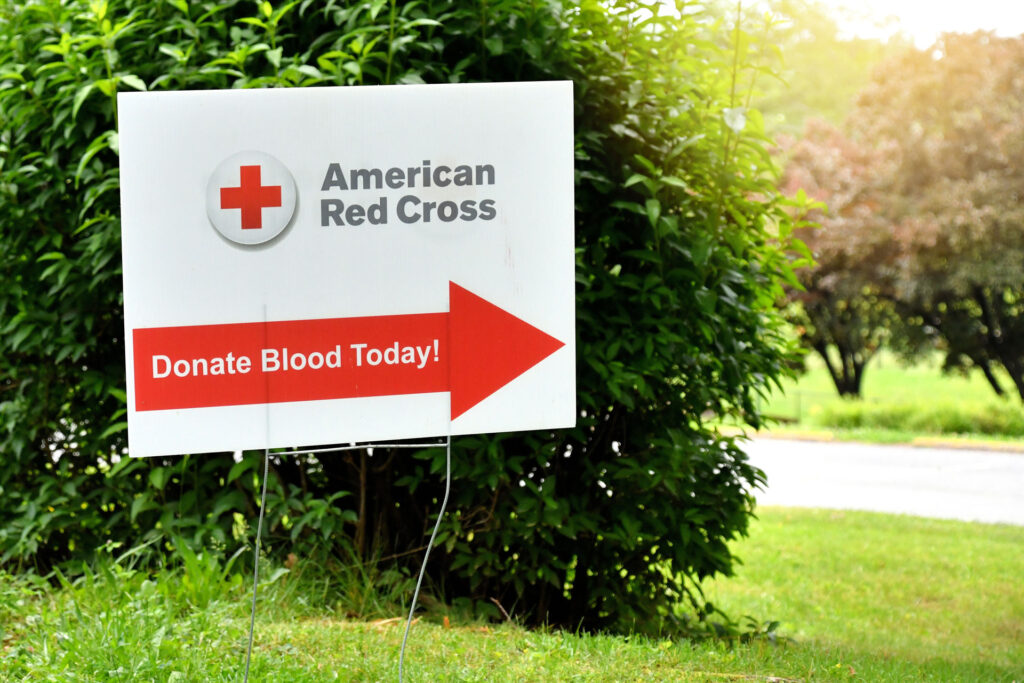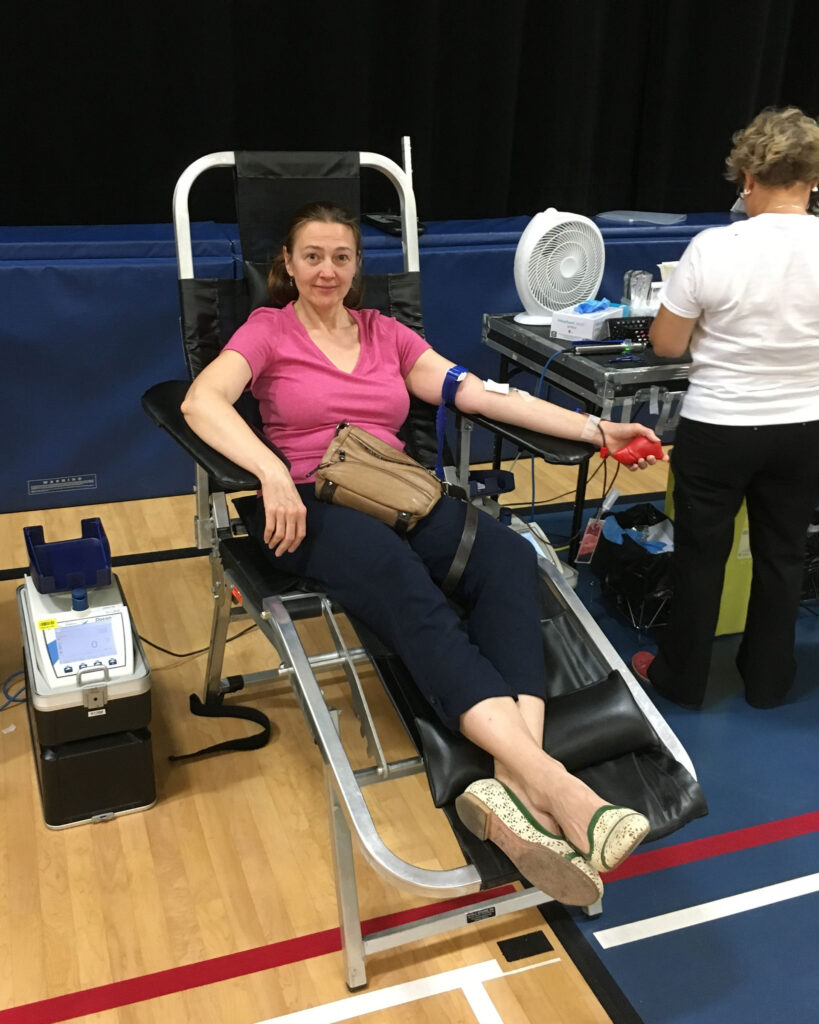January is National Blood Donor Month, making it a great time to raise awareness about how easy it can be to save lives by donating your blood. Although you will probably never know the individual or individuals who benefitted from your blood donation, the fact that your donation may have saved a life is knowledge enough to make this a worthwhile undertaking. Blood donations can save the lives of those suffering from blood disorders, cancer, traumatic injuries, and many other health conditions.
Blood Donation Facts and Statistics in the US
- Each day life-saving blood transfusions are needed in hospitals and emergency treatment facilities across the U.S.
- There are more than 13.2 million blood donors in the United States, resulting in a total of 17.2 million transfused blood product units per year.
- Most patients do not experience any side effects from blood transfusions. On rare occasions, blood transfusions can cause adverse reactions in the patients receiving blood.
- Although the U.S. blood supply is safer than ever before, some bacteria, viruses, prions, and parasites can be transmitted by blood transfusions.
- Each donor is screened for risk of transmissible disease by questionnaire, and each unit of blood donated in the U.S. is routinely screened for various infectious disease pathogens using FDA approved assays.
–CDC

The ABO Blood Group System
The ABO blood group system is used to separate human blood into different classifications based on specific markers on red blood cells. Your blood type is determined by the presence or lack of two antigens, molecular structures that aid in triggering immune responses. These antigens are referred to as A and B and are combined with the Rhesus (Rh) factor, a protein that’s presence or absence determines the positive/negative aspect of your blood type. The most common blood types include:
- A+
- A-
- B+
- B-
- O+
- O-
- AB+
- AB-
Screening Donated Blood
Blood donors are asked a set of standard questions prior to donating blood to assist in determining if they are in good health and free of any diseases that could be transmitted by blood transfusion. If the donor’s answers indicate they are not well or are at risk for having a disease transmissible by blood transfusion, they are not allowed to donate blood.
If the donor is eligible to donate, the donated blood is tested for blood type (ABO group) and Rh type (positive or negative). This is to make sure that patients receive blood that matches their blood type. Before transfusion, the donor and blood unit are also tested for certain proteins (antibodies) that may cause adverse reactions in a person receiving a blood transfusion.
–CDC

Types of Blood Donations
Whole Blood Donation
A whole blood donation is the most helpful type of blood donation as it takes all aspects of your blood including red blood cells, white blood cells, platelets, and plasma. Whole blood donations can even be separated into each of those individual components, potentially enabling your blood donation to benefit more than one person in need.
Platelet Donation
During a platelet donation, your platelets and a small amount of plasma are collected, and your red blood cells are given back to you.
Plasma Donation
Plasma makes up the most significant portion of your blood, comprised mainly of water and small amounts of salts and enzymes. During a plasma donation, your plasma is taken, and your red blood cells and platelets are give back. Plasma is primarily used to help people live through emergency situations.
